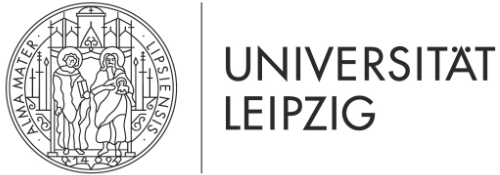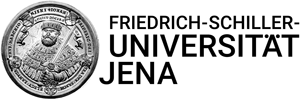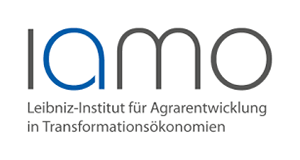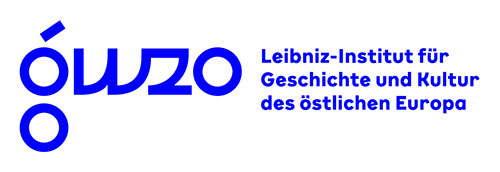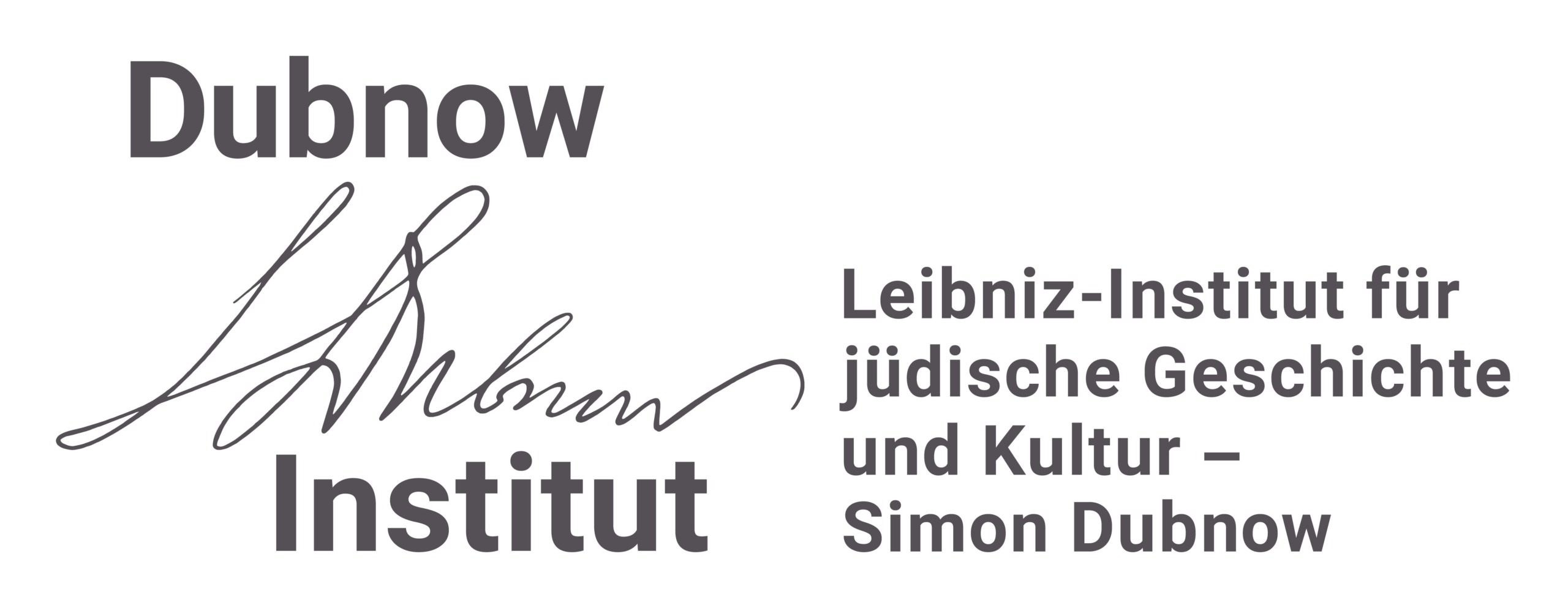Christian Costamagna
Stay at EEGA: June – August 2023
Research Project: The 1999 NATO intervention against Yugoslavia: Global dimensions of a local conflict, its historical controversies, and the new archival sources.
Christian Costamagna obtained his PhD in Historical Sciences from the University of Eastern Piedmont in 2013 with a doctoral dissertation focused on political reforms in Serbia and Yugoslavia during the latter half of the 1980s, specifically the ascent to power of Milošević. He also holds a MA in International Relations and Human Rights from the University of Turin. Christian’s research interests center around the causes of the dissolution of the Socialist Federal Republic of Yugoslavia, the Kosovo War, and the politics of Serbia in the 1990s, in addition to his ongoing observation of current political issues in the Western Balkans.
In 2011, he interned at the Institute for Contemporary History in Belgrade, and in 2012, he spent a visiting semester at the Faculty of Arts in Ljubljana. From 2013 to 2016, Christian wrote for several journals and media among others East Journal and Geopolitical Review. Furthermore, he served as an Adjunct Professor of Contemporary History and History of Eastern Europe at the University of Eastern Piedmont in 2014-2015. He has been awarded the Center for Advanced Studies Southeast Europe (CAS SEE), University of Rijeka fellowship (Spring 2023) and the Visegrad Fund Scholarship at the Vera and Donald Blinken Open Society Archives in Budapest.
The research project Christian Costamagna is conducting as EEGA fellow is based on the recently released archive records from Yugoslav, US, and UK fonds, which allow him to rethink the NATO involvement and the Yugoslav political decision to defy NATO.
In 1999, NATO bombed the Federal Republic of Yugoslavia as part of the Kosovo War (1998–1999). Yugoslavia, which consisted of Serbia and Montenegro and whose president was Slobodan Milošević, was an active actor in shaping the events, having an impact at both a regional and global level. The Kosovo crisis (1998) and the NATO bombing of Yugoslavia (1999) seriously affected the West’s relationship with Russia and China. The Kosovo War can be considered a regional conflict with distinct global dimensions. While the causes of the NATO intervention are debated academically (e.g., Daalder and O’Hanlon, 2000; Gibbs, 2009; Proroković and Krga, 2019), despite the vast amount of scholarly material, the root causes of Kosovo’s conflict and NATO’s intervention are still debated. By analyzing these new sources, the research seeks to provide a deeper understanding of the regional and global implications of the Kosovo conflict and the NATO intervention and shed light on Serbia’s memory politics.
Recent publications:
Christian Costamagna, War in Ukraine as a long-term effect of Nato intervention against Yugoslavia? An overview, Sociološki Pregled [article in press].
Christian Costamagna, Crisi nei Balcani? Una disamina storica e una rassegna su alcune interpretazioni occidentali e russe degli eventi più recenti, Balkan Focus, Brief n. 8, Dicembre 2022, Centro Studi di Politica Internazionale (CeSPI, Roma), 2022 [The article is available here]
More publications are available here: https://christiancostamagna.academia.edu/research#papers.
